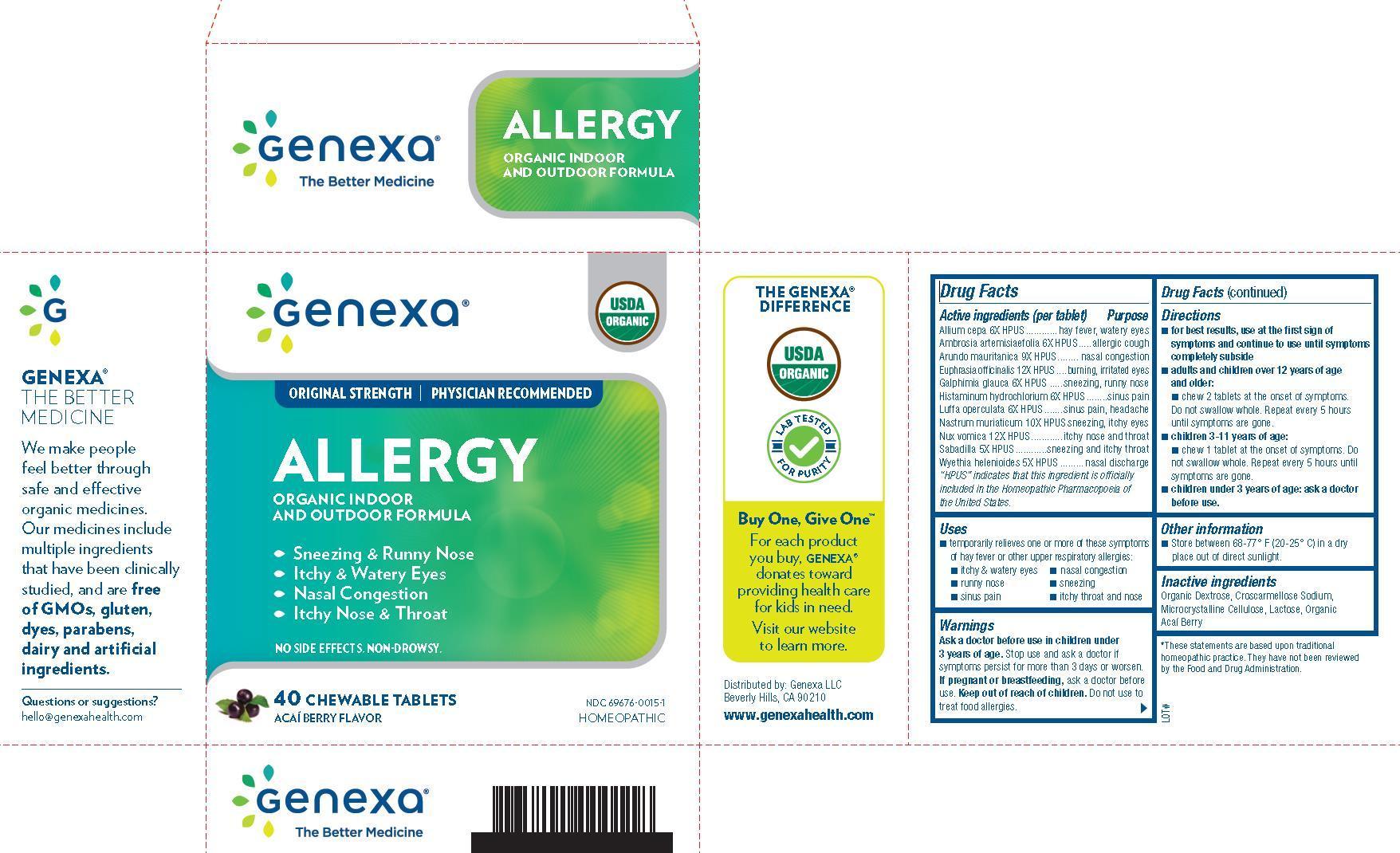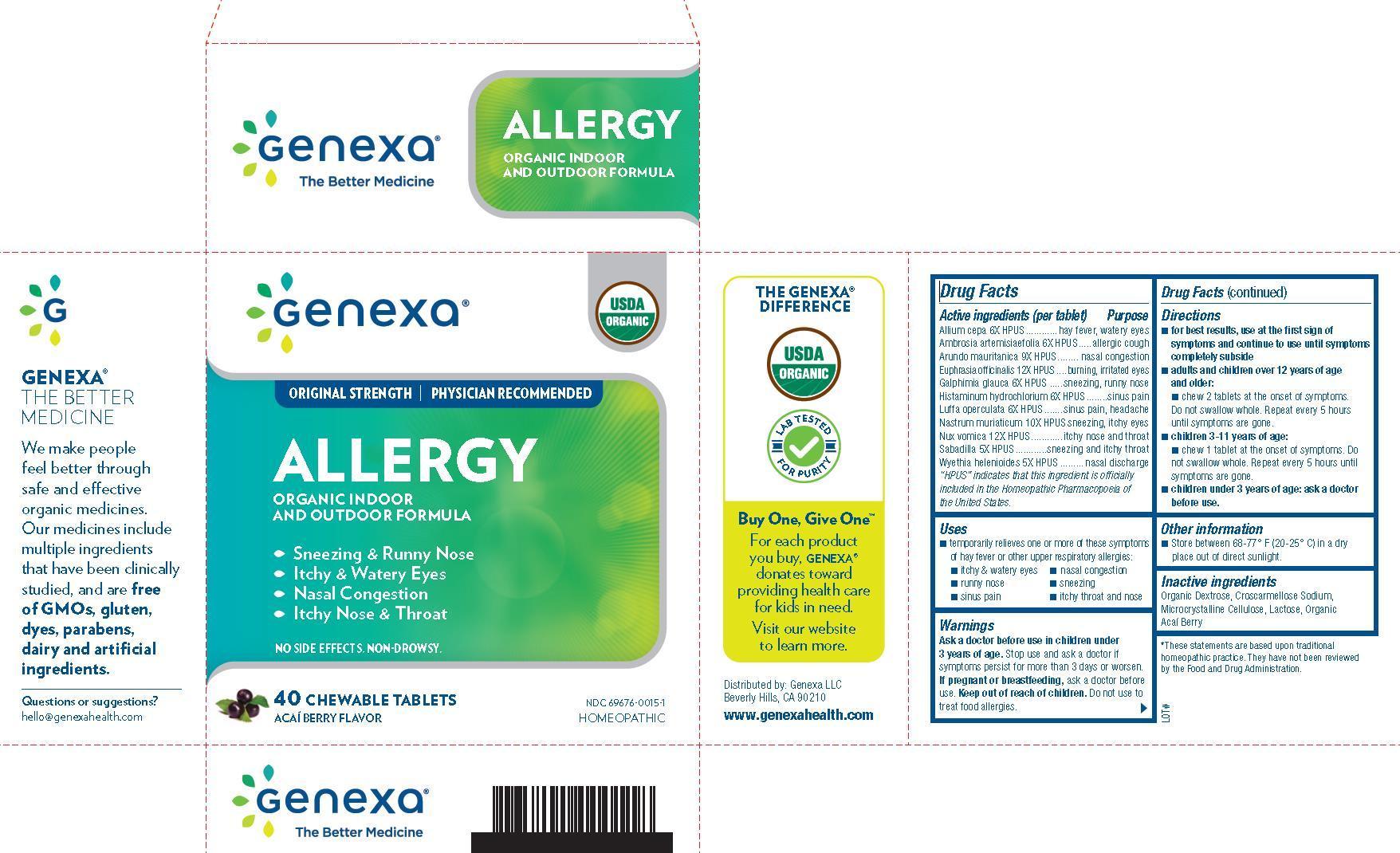Allergy Adult while Breastfeeding

Is Allergy Adult usage safe while breastfeeding? If a lactating mother is using it can there be any effect on growth or development of infant?

Allergy Adult Breastfeeding Analsys
Chromic cation while Breastfeeding
SafeCAS Number: 10025-73-7
Heavy metal that in its trivalent oxidative states (3+) has a great nutritional value since it acts as a trace element (trace element) that enhances the action of insulin and is involved in the metabolism of carbohydrates, fats and proteins. Meat, seafood, brewer's yeast, whole grains and nuts (especially walnuts), among others, are very rich in chromium. The recommended intake in nursing mothers is 45 micrograms daily (Ares Segura 2015). The average concentration of chromium in breast milk is 1 nanogram / mL, ranging between 0.2 and 7 ng / mL and is independent of plasma levels and maternal daily intake (Kumpulainen 1980, Anderson 1993, Mohamedshah 1998). With a varied and balanced diet not mineral supplements are needed. Excessive intake of chromium can cause skin problems in infants (Adachi 2007). No increased concentrations of chromium in milk or problems in breastfed by mothers with hip containing chromium in its composition (Nelis 2013, Oppermann 2015) Not to be confused with states hexavalent (6+) industrial and irritating, toxic and carcinogenic effects (see tab chromic acid or chromium trioxide).
Echinacea angustifolia while Breastfeeding
Low RiskCAS Number: 84696-11-7

Plant that is widely used even during pregnancy and breastfeeding. Because a lack of toxicity with an appropriate dose and moderate consumption it should be compatible with breastfeeding. The roots and aerial summits are used. It contains polysaccharides, essential oil, flavonoids, pyrrolizidine alkaloids among others. Unproven effects: immune stimulant, wound healing, anti-inflammatory. Indications are: common cold, bronchitis, skin lesions.Roots and aerial summits are used. It contains polysaccharides, essential oil, flavonoids, pyrrolizidine alkaloids ... Unproven effects: immune stimulant, wound healing, anti-inflammatory. Indications according to Commission E of German Ministry of Health: common cold, bronchitis, skin lesions. Contrary to the European Scientific Cooperative on Phytotherapy (ESCOP), the European Medication Agency does not recommend usage in younger than 12 years (allergy risk). Avoid using for longer than 8 weeks (risk for leukopenia)
Zinc gluconate while Breastfeeding
SafeCAS Number: 4468-02-4
Zinc (Zn) is an essential element for nutrition. It is present in many foods.Recommended daily allowance of Zn is 8 to 15 mg. (Moran Hall 2010). Millions of people worldwide are Zn-deficient.It is used as a treatment for Wilson's disease and Acrodermatitis Enteropathica. Zn is involved in the regulation process of lactation (Lee 2016).Pasteurization of the milk does not affect the concentration of Zn and other trace elements (Mohd Taufek-2016). The average concentration of Zn in breastmilk is 4 to 16 mg / L (Picciano 1976, Hannan 2005, Dórea 2012) which is independent of plasma levels and maternal daily intake (Krebs 1995, Chierici 1999, Hannan 2009).Intestinal absorption of zinc is almost doubled during pregnancy and lactation (Fung 1997).Zinc levels in the infant are dependent on Zinc levels in the breast milk (Dumrongwongsiri 2015)With a varied and balanced diet, an extra intake of minerals is not needed. Excessive intake of Zinc may cause gastrointestinal problems and Pancytopenia (Irving 2003).
Allergy Adult Breastfeeding Analsys - 2
Echinacea angustifolia while Breastfeeding
CAS Number: 84696-11-7; 90028-20
Echinacea species (Echinacea angustifolia, Echinacea purpurea, Echinacea pallida) contain high molecular weight polysaccharides (e.g., heteroxylan, arabinogalactan) and lower molecular weight compounds (e.g., alkylamides, caffeoyl conjugates such as cichoric acid and echinacosides), but no single chemical is known to be responsible for echinacea's biological activity. Some products have been standardized based on echinacoside, and others on cichoric acid. Echinacea has no specific uses during breastfeeding, but is commonly used orally to treat or prevent upper respiratory infections. It is also used topically to treat skin infections. Excretion of some of the purportedly active alkamides was found in breastmilk in one mother. No data exist on the safety and efficacy of echinacea in nursing mothers or infants. In general, echinacea is well tolerated with gastrointestinal upset, diarrhea and constipation, skin rash and rarely allergic reactions reported. It may also alter the metabolism of some dugs metabolized by the P450 enzyme system. Some sources indicate that echinacea is safe in recommended doses,[1] while others recommend avoiding it during breastfeeding because of the lack of published safety data. Dietary supplements do not require extensive pre-marketing approval from the U.S. Food and Drug Administration. Manufacturers are responsible to ensure the safety, but do not need to the safety and effectiveness of dietary supplements before they are marketed. Dietary supplements may contain multiple ingredients, and differences are often found between labeled and actual ingredients or their amounts. A manufacturer may contract with an independent organization to verify the quality of a product or its ingredients, but that does certify the safety or effectiveness of a product. Because of the above issues, clinical testing results on one product may not be applicable to other products. More detailed information #about dietary supplements# is available elsewhere on the LactMed Web site.
I am nursing mother and I have already used Allergy Adult, what should I do?
Due to high dilution of ingredients in homeopathic medicines they do not create much problem for baby. Allergy Adult is a homeopathic medicine and if your baby does not have any abnormal symptoms then there is nothing to worry about. Be careful with too much usage of ethanol based homeopathic medicines during breastfeeding.
I am nursing mother and my doctor has suggested me to use Allergy Adult, is it safe?
Homeopathic medicines are usually safe in breastfeeding and if Allergy Adult has been recommended by doctor then there should be no concern about its usage in breastfeeding.
If I am using Allergy Adult, will my baby need extra monitoring?
Not exactly.
Who can I talk to if I have questions about usage of Allergy Adult in breastfeeding?
US
National Womens Health and Breastfeeding Helpline: 800-994-9662 (TDD 888-220-5446) 9 a.m. and 6 p.m. ET, Monday through Friday
UK
National Breastfeeding Helpline: 0300-100-0212 9.30am to 9.30pm, daily
Association of Breastfeeding Mothers: 0300-330-5453
La Leche League: 0345-120-2918
The Breastfeeding Network supporter line in Bengali and Sylheti: 0300-456-2421
National Childbirth Trust (NCT): 0300-330-0700
Australia
National Breastfeeding Helpline: 1800-686-268 24 hours a day, 7 days a week
Canada
Telehealth Ontario for breastfeeding: 1-866-797-0000 24 hours a day, 7 days a week
